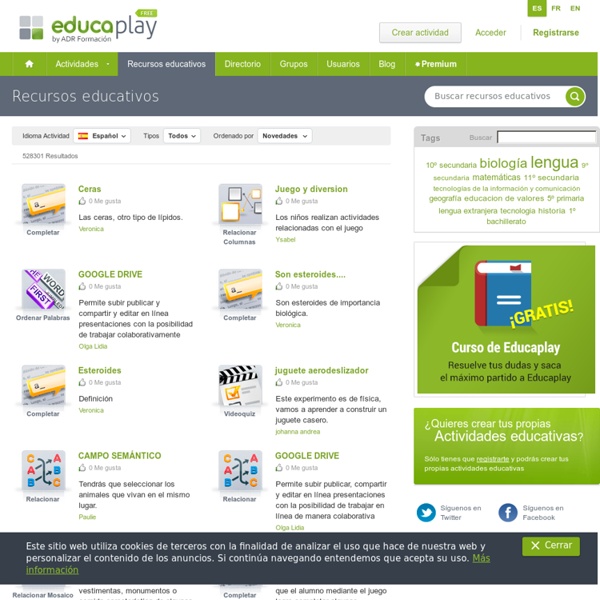



cooltoolsforschools - home Tools for Educators Tools for Educators mapa Decoding skills for listening: a collection of useful links | elt-resourceful About two and a half years ago I wrote a blog post entitled, Decoding skills: a neglected part of listening comprehension? In the time since then it seems that many of us have stopped neglecting those poor decoding skills, and that an interest in how decoding can help develop both listening and reading skills is on the rise. A recent question posed by Mike Harrison on the IATEFL Facebook page about developing (rather than testing) listening skills led to a flurry of useful links in the comments, which I list below: A presentation by John Field on Rethinking the Comprehension Approach to Listening A summary of Sandy Millin’s 2014 presentation at IATEFL on teaching rather than testing listening Olga Sergeeva’s blog on using authentic video clips to focus on bottom up skills. A series of Listening Skills books written by Sheila Thorn (which I have mentioned before but which have now been re-published by Collins) Richard Cauldwell’s innovative app Cool Speech Like this: Like Loading...
BlogBooker Teaching games This is the first part in a series looking at the PET exam and how we can make interesting and confidence building classroom activities using past papers, helping students develop exam strategies in stages. Some these activities could be adapted for other exams. These activities require access to past papers, which I imagine is available in most staffrooms. Reading Part 1 – notices In this part students have to choose the correct meaning of a notice, or short message, from a choice of three given answers. Preparation: Make a copy of the test questions for each student and a large photocopy of each of the notices without the multiple choice options. Introduction: Ask your students to discuss the notice on the board in pairs. Main stage: As students walk around the room, help with any vocabulary and give hints if students are stuck. Optional stage: If some students are struggling, before feedback divide the class into small groups of 4-5 students to discuss their answers. Like this:
Free Infographic Maker Listening skills lesson framework In this article I intend to outline a framework that can be used to design a listening lesson that will develop your students' listening skills and look at some of the issues involved. The basic frameworkPre-listeningWhile listeningPost-listeningApplying the framework to a songSome conclusions The basic framework The basic framework on which you can construct a listening lesson can be divided into three main stages. Pre-listening, during which we help our students prepare to listen.While listening, during which we help to focus their attention on the listening text and guide the development of their understanding of it.Post-listening, during which we help our students integrate what they have learnt from the text into their existing knowledge. Pre-listening There are certain goals that should be achieved before students attempt to listen to any text. While listening When we listen to something in our everyday lives we do so for a reason.
Tagxedo - Word Cloud with Styles